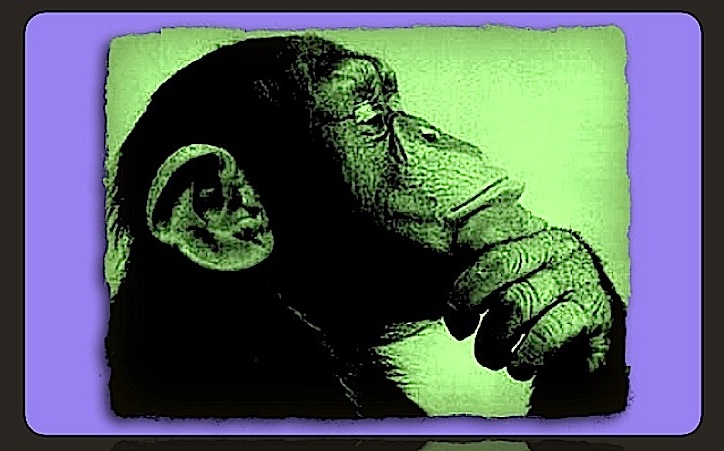Don't panic! Kant is notoriously difficult, so don't worry if you don't entirely get him. All the confusing terms will fall into place before long - it's a bit like learning a foreign language, but you'll soon be fluent!
Try to remember what the point of all this is: you're learning the 'basics' (not that basic) of epistemology which is, as you know, the study of knowledge: what knowledge is, where it comes from, what we can know and how we can know it.
We have seen how there are two competing theories: empiricism and rationalism. If you think we can account for everything we know through our sensual experience of the world - if you think there's nothing in your head that didn't get there through your senses - you saw it, you heard it, you tasted it, you smelt, you, felt it then you are an empiricist. If you think the total amount of stuff in your head is greater than you can account for by your experience then you are probably a rationalist.
A SHOPPING ANALOGY
Imagine you go on a long and extravagant shopping spree buying lots of nice things like slippers and philosophy books!! Anyway, you get home and get all the stuff out of the bags and check it off against your receipts. Now, an empiricist would be able to match all the new things to the receipts, but the rationalist would find things that she had no receipt for!! Rationalists claim that we have stuff (knowledge) in our heads that cannot be accounted for - cannot be explained by experience.
So whereas Hume thinks that it is obvious (analytic) that if we 'bought' '7' and we 'bought' '5' we would have '12' in our shopping bags, Kant thinks having '7' and '5' in our shopping bags doesn't explain how we have '12'. He thinks we have '12' by a rational intuition - by the power of rational thought. He thinks that rational thought - the power of reason is a capacity that humans have that allows them know things that experience doesn't give them.
For Hume, saying that 7+5=12 is no more clever than saying all kangaroos are animals, but Kant thinks it is. Kant agrees that if you 'bought' a kangaroo you would have an animal in your shopping bag, but he doesn't think 'buying' a '7' and a '5' would mean you automatically had a '12' in your bag. He thinks you have to 'do' something to a '7' and a '5' to get a '12', but you don't have to do anything to a kangaroo to get an animal!!
Descartes, another rationalist, didn't come up with the maths thing, but is a rationalist because, like Kant, he thinks we can know things that we couldn't get from experience.
I hope this is helping, please don't despair if it isn't - chocolate biscuits next week. And think how smart you are that you are even doing this stuff compared to the fools doing ... other subjects, and ow big your brain muscle will be after all this exercise!! And you only have to have fairly basic grasp to do well in the exam. Honest!! :)

I wasnt going to write a comment but seeing as you put a lot on here i felt bad so... :)
ReplyDeleteFeeling bad for people is a sign of your humanity. So you should feel good about feeling bad:)
ReplyDelete